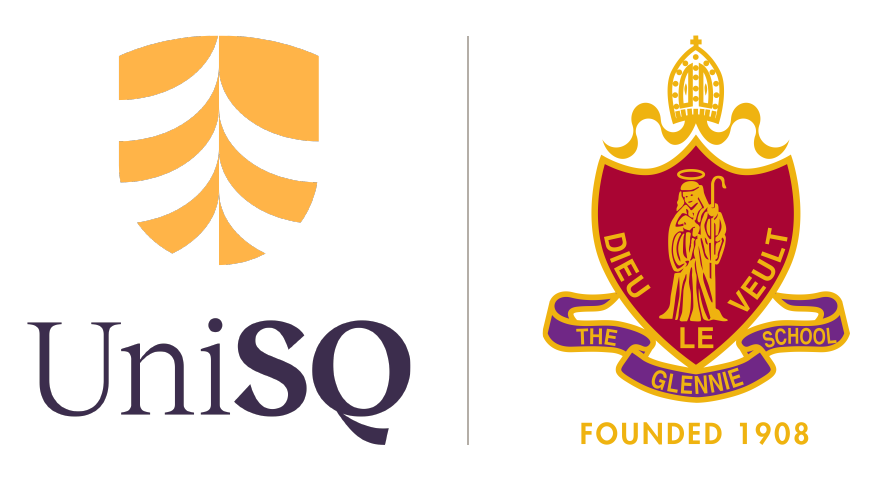Stress and Pressure
High levels of stress and pressure
Each student’s situation is unique, although research shows that family or peer pressure and high expectations can all contribute to significant stress and increase the likelihood of academic misconduct.
High stakes assessment and challenges with time management, as well as a lack of clarity surrounding task instructions can also contribute to students feeling unable to cope.
When students feel unable to cope with stress and are unwilling to seek support from their teachers or other support staff or programs, or unable to manage their time effectively, they may explore inappropriate options to pass or even turn to nefarious organisations for assistance.
Strategies for addressing the problem
To help students develop as confident and capable independent learners who can progress even when faced with adversity, a range empathetic approaches can be employed. These approaches should be just one part of a broader wellbeing program that supports social, emotional, and academic growth.
In years 7-10, consider redeveloping assessment items to be lower stakes, using a cumulative approach in which feedback and support are given to allow the students to gradually take increasing responsibility for ensuring academic integrity.
Use formative assessment and multiple learning experiences so students can rehearse, develop, and receive feedback on the skills on which they will be summatively assessed.
Provide detailed, easy to understand instructions for completing and submitting assignments. Having a school-wide approach to assessment design and an internal quality assurance process is also helpful.
Make avenues for support clear and accessible, including clear advice about what services are inappropriate or unethical.
Consider redesigning high-risk traditional assessments such as essay assignments using a cumulative approach that scaffolds learning and utilises formative assessments with constructive feedback to grow student confidence.
Provide clear task instructions and a checklist that is matched to a rubric which provides rich descriptors that clarify the qualities sought for success.
Ensure students know that academic support is available from their teachers and other school support services.
Encourage students to explore library resources to build confidence and clarity around issues like study plans, peer learning, referencing, and plagiarism.
Look for signs of student distress (e.g. disengagement, late submissions, or changes in behaviour), and proactively offer assistance through the schools’ wellbeing and pastoral care channels.
